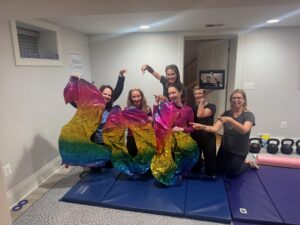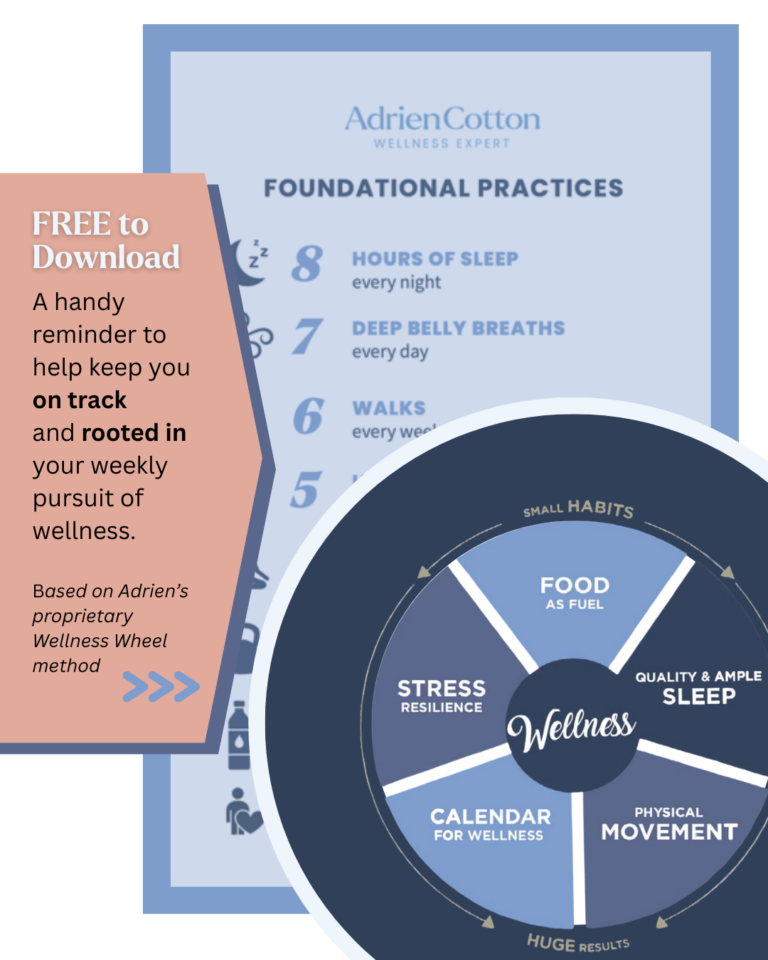Why in the world would a mindfulness practice help you lose those pesky ten pounds, gain confidence in your relationships and your career, and help you feel better about yourself? Read on and learn why it is not only my corporate clients’ top choice for workshops I teach (Click here to book a Corporate Wellness workshop), it is also a vital component of my concierge wellness program and can be the difference between women who make progress and C-R-U-S-H it and those who do not.
So really, what is mindfulness?
Being mindful is to be fully aware of the present moment, capturing the sights, sounds, smells, tastes, and feelings of a moment in time. Being mindful is being what I call, “full screen mode.”
It is being “fully present” and in a moment-to-moment state of awareness, even when your emotions get the best of you.
It means you are taking in the “here and now” and being focused on what you’re thinking, feeling, and noticing about yourself, others, and your surroundings, and not about the past or the future.
Literally mindfulness is defined as “a mental state achieved by focusing one’s awareness on the present moment, while calmly acknowledging and accepting one’s feelings, thoughts, and bodily sensations, used as a therapeutic technique.”
Importantly, though, mindfulness means noticing things without judging your experience. Now, we all know that is tough.
When I meet with my corporate wellness and concierge clients, they learn that a robust mindfulness practice leads to the ultimate wellness.
“Mindfulness is the ability to know what’s happening in your head at any given moment without getting carried away by it.” — Dan Harris, 10% Happier
Do you allow your emotions to get the “best of you?” Do you get “swept up in the highs and lows?” Would you want to stay calm and “at ease” instead of allowing your emotions take over? Do you perhaps over-identify with an emotion like “busyness” or “overwhelm?”
Does a person (i.e. your boss), a voice (i.e. your mother), a place (i.e. your office), a circumstance (i.e. driving to your kids to school) lead you to a certain emotion?
Did you know that emotions can be a habit?
Ha, and did you know happiness is a “skill” that can be sharpened?
Developing a mindfulness practice can help you be mindful in all of these and so many more circumstances. It helps you realize you are in charge and not the emotion you’ve likely become accustomed to feeling.
If the answer is no, consider that this could be one of the things holding you back from achieving the health and wellness you’ve always strived for. Take a moment to reflect on whether or not you are being mindful in your daily life. Now that you know what mindfulness is, stay tuned for part two where we will dive deeper into what mindfulness is not.
If you’re interested in my concierge program and how you can develop your own mindfulness practice, click here for a free 30-minute consult. If you’d like to book a Mindfulness Corporate Wellness workshop for your staff, click here.



